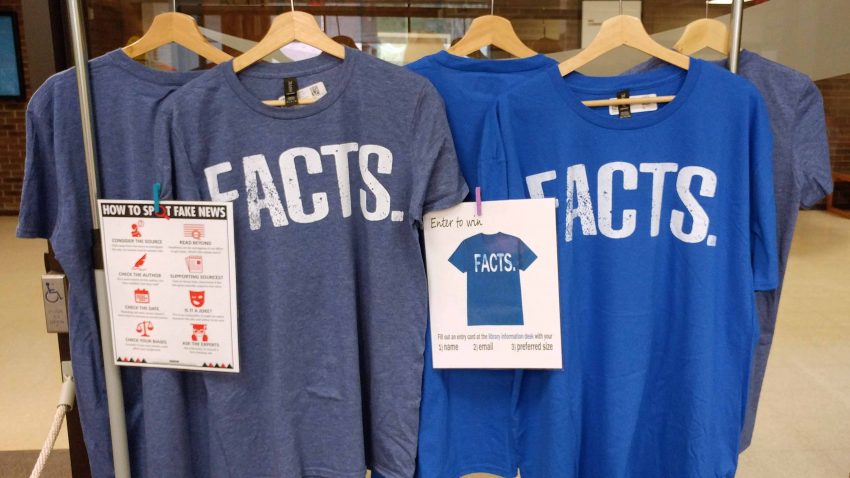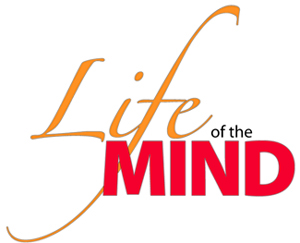by Kellie Tilton
Hi, again! Kellie Tilton, UCBA Librarian, back to give you part two of my Summer Vacation Library Adventures. If you miss the first one, it is available here!
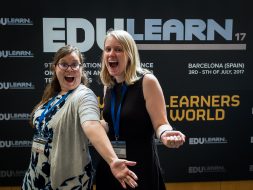
Our very official EduLearn portrait.
In July, I was fortunate enough to travel to Barcelona, Spain to present at the 2017 EduLearn Conference with Becky Leporati, my colleague in the Langsam Library. We had submitted two presentations for consideration and both were accepted. The first, A Flipped Classroom is an Inclusive Classroom, was about incorporating Universal Design into eLearning projects and the second, Format Choices are Content Choices, involved selecting the right format to design eLearning projects.
The conference itself was an international, with 80 countries represented. I met educators from the UK, South Africa, Sweden, Australia and more and was able to learn so much about the similarities and differences in our approach to technology in education.
It was also my first trip to Spain and it was absolutely beautiful. I took a few days of vacation so I was able to visit Madrid and Toledo, as well. All three cities were awe-inspiring, the people were friendly and welcoming and taking in the culture and heritage of Spain there only made me want to go back again.
It was an amazing experience and I am so grateful I was able to present and attend!
-
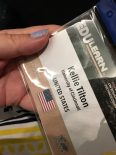
-
Our badges not only identified our name and institution, but also what country we were from.
-

-
Conferring with our amazing Session Chair, Maria Susy Rogers, from the University of New South Wales.
-
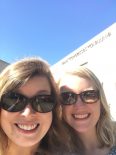
-
Becky and I outside the conference hall! We made it!
-

-
Looking down a Barcelona street.
-

-
The Toledo Cathedral at night.
-

-
Outside Casa Batllo in Barcelona!
-
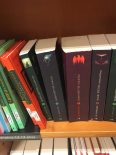
-
While I was in Barcelona, I had to grab the Catalan version of Harry Potter for my collection!
-

-
If you read, say you read!
-

-
I stumbled on a public library in Madrid!
-

-
My time coincided with World Pride 2017 in Madrid.
-

-
Inside the Royal Palace of Madrid.
-

-
Inside Barcelona’s La Sagrada Familia!
-

-
The city of Toledo, where everything inside the wall is a UNESCO World Heritage Site.
-

-
In Toledo, I climbed the Cathedral’s tower, which let me pose for this awesome photo with the largest bell in Spain.
